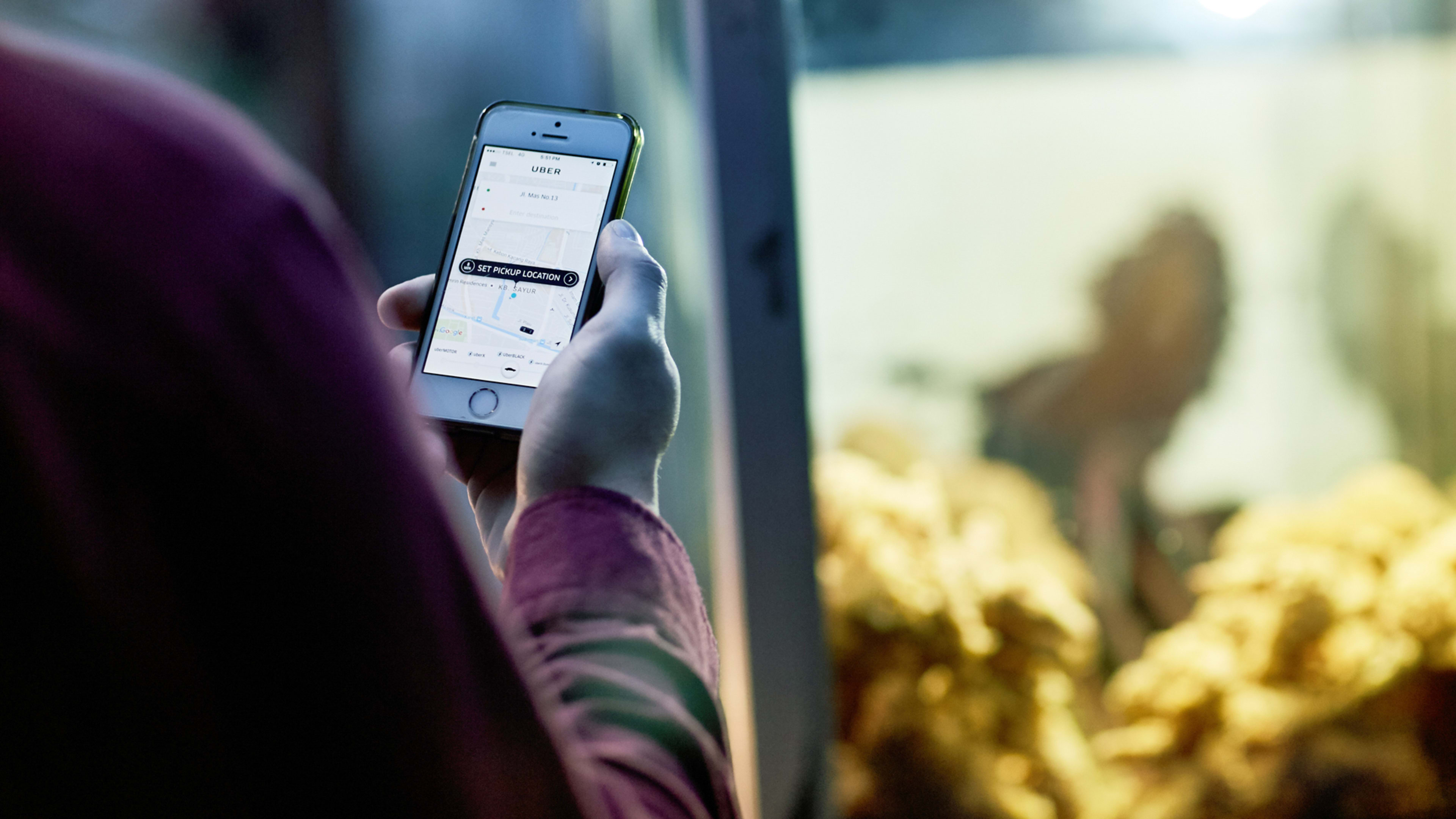Uber is interested in using artificial intelligence to determine whether you’re drunk when you order a ride. The company has filed for a patent with the U.S. Patent and Trademark Office for technology capable of determining a rider’s state of mind.
Uber likely sees this as a potential way to reduce friction points between passengers and drivers. “Incidents, such as safety incidents and personal conflict incidents, can occasionally occur when users and/or providers behave uncharacteristically,” the patent description says. “Therefore, it is desirable to minimize the impact of such safety incidents in travel coordination systems.”
Uber has grappled with complaints about passengers assaulting drivers and drivers sexually assaulting riders. Drivers also have to deal with drunk passengers who might vomit in their cars or engage in other unsavory behavior in the back seat.
This potential system would use cell phone data (such as how a user’s phone is being handled and how requests are being inputted) to make judgments about a person’s mood or sobriety.
In turn, the system “may alter parameters associated with trip coordination for the requested trip. Some examples of trip variations include matching the user with only certain providers, alerting a provider about the user’s possible unusual state, and modifying pickup or drop-off locations to areas that are well lit and easy to access,” the patent reads.
Of course, such a system could be ripe for abuse. If a predatory driver knows a rider is drunk, they might take advantage. There are other ways in which this system could be problematic, especially if Uber’s technology misdiagnoses a person’s state and blocks them from being able to order a ride. Riders wary of personal data collection may not want to be monitored in this way.
Worth noting: This is just a patent, and Uber may never do anything with the proposed technology. (Most patents do not result in actual products that are brought to market.) But the document itself is illustrative of both the kinds of problems Uber is considering and the ways in which it is thinking about solving them.
Recognize your brand’s excellence by applying to this year’s Brands That Matter Awards before the final deadline, June 7.
Sign up for Brands That Matter notifications here.
